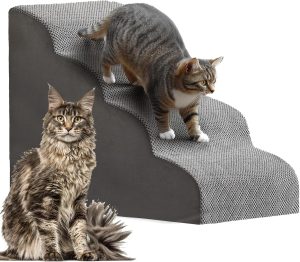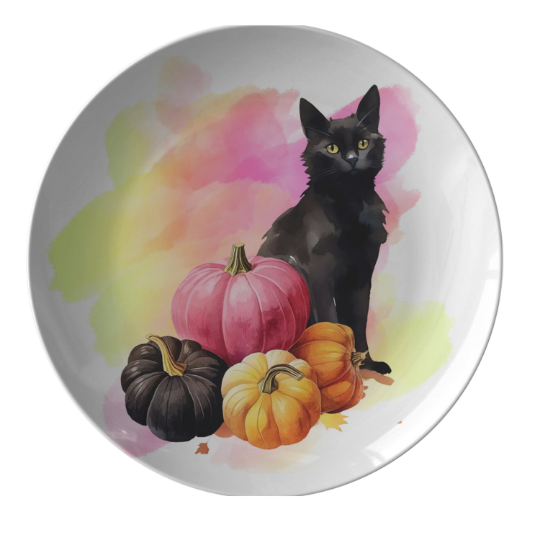 1. **Regular Vet Visits**: Schedule check-ups every 6 months to catch health issues early.
1. **Regular Vet Visits**: Schedule check-ups every 6 months to catch health issues early.
2. **Monitor Weight**: Keep an eye on your cat’s weight, as both weight loss and gain can indicate health problems.
3. **Adjust Diet**: Feed a senior cat diet formulated for aging cats to support joint health and maintain weight.
4. **Hydration**: Ensure your cat always has access to fresh water, as older cats are prone to dehydration.
5. **Comfortable Bedding**: Provide soft, warm bedding in easily accessible places to help with aching joints.
6. **Litter Box Accessibility**: Use a low-sided litter box for easy access, especially if mobility is an issue.
7. **Groom Regularly**: Brush your cat’s fur frequently to prevent matting, especially if they struggle to groom themselves.
8. **Dental Care**: Check your cat’s teeth for signs of dental disease and provide dental treats or brushing if possible.
9. **Eye & Ear Checks**: Regularly inspect eyes for cloudiness or discharge and ears for signs of infection or wax buildup.
10. **Provide Warmth**: Older cats enjoy warmth, so provide heated beds or warm blankets.
11. **Joint Supplements**: Consider joint supplements like glucosamine to support mobility and reduce arthritis pain.
12. **Keep Active**: Encourage gentle play to keep muscles toned and maintain a healthy weight.
13. **Pain Management**: Talk to your vet about pain management options if your cat shows signs of arthritis or other discomfort.
14. **Monitor Behavior Changes**: Watch for changes in behavior like increased hiding, aggression, or vocalization, which may indicate health issues.
15. **Stress Reduction**: Minimize changes in your cat’s environment to keep stress levels low.
16. **Routine Maintenance**: Maintain a consistent feeding and care schedule to provide a sense of security.
17. **Keep Nails Trimmed**: Older cats may not use scratching posts as much, so trim their nails regularly.
 18. **Easy Access to Elevated Spots**: Provide ramps or steps to help your cat reach their favorite elevated spots safely.
18. **Easy Access to Elevated Spots**: Provide ramps or steps to help your cat reach their favorite elevated spots safely.
19. **Keep Their Environment Clean**: Clean bedding, litter boxes, and feeding areas frequently to reduce exposure to bacteria.
20. **Watch for Digestive Issues**: Monitor for vomiting, diarrhea, or constipation and consult a vet if these symptoms occur.
21. **Provide Quiet Spaces**: Older cats may need more rest, so create quiet spots where they can relax undisturbed.
22. **Adjust Food Texture**: Offer soft food if dental issues make it hard for them to eat dry kibble.
23. **Provide Elevated Food and Water Bowls**: Elevate bowls to reduce strain on their neck and joints while eating or drinking.
24. **Monitor Water Intake**: Track how much your cat drinks, as increased or decreased consumption can indicate health issues.25. **Comforting Routine**: Spend quality time with your senior cat daily for companionship and to monitor any signs of discomfort or illness.
These tips can help keep your senior cat healthy, comfortable, and happy in their golden years.

